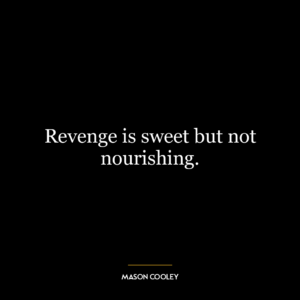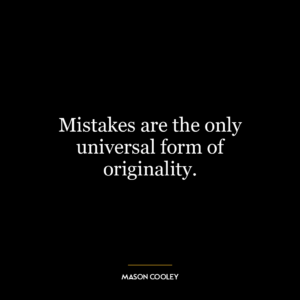The quote “Modern pictures banish depiction for interfering with the workings of paint” suggests a shift in artistic focus from representation to exploration of the medium itself. Traditional art aimed to depict reality, using paint as a tool to create images that mirrored the world around us. Modern art, however, often prioritizes exploring the inherent properties and potentialities of paint itself over creating realistic depictions.
In other words, instead of using paint merely as a means to an end (the end being representation), modern artists see the paint itself as part of their artistic expression. They are interested in how it moves, how it interacts with different surfaces and materials, how it changes when mixed with other colors or substances. This approach allows them to create works that may not resemble anything specific from our physical world but still convey meaning or evoke emotion.
Applying this idea beyond art can offer interesting perspectives on personal development and our understanding of today’s world. It encourages us not just to use tools or skills for their conventional purposes but also explore their inherent properties and potentialities.
For instance, in personal development context, one might be inclined towards learning a new skill purely for its utility – like learning coding because it is highly demanded in job market. However, if we adopt the perspective offered by this quote we might approach coding (or any skill) not just as a tool for job marketability but also as an object worthy of exploration: How does coding work? What else can we do with coding apart from building software?
In today’s rapidly changing world where technology has become pervasive yet enigmatic force shaping our lives – adopting such explorative attitude can lead us towards deeper understanding and innovative applications which go beyond traditional confines.
Similarly at societal level – rather than solely focusing on tangible outcomes (like GDP growth), we could benefit from paying attention to underlying processes (like social equity). Just like modern painters who value ‘workings’ of paint over ‘depiction’, we could gain deeper insights by valuing ‘workings’ of our societies over mere ‘depictions’ of progress.











